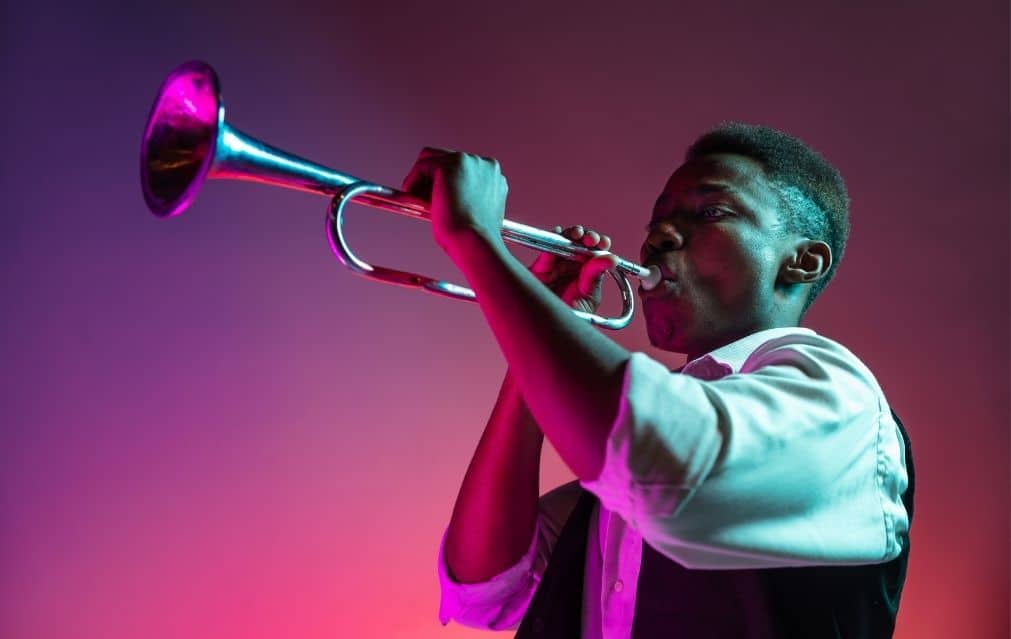
Conquer the stage fright gremlins that haunt trumpet players with a simple trick: breathe, believe, and blow your worries away.
Trumpet players often face the nerve-wracking challenge of performance anxiety, a common hurdle that can turn calm notes into chaotic noises. Discovering techniques like mindfulness and relaxation can transform anxiety into artistry.
How Stage Fright and Anxiety Affect Trumpet Players' Performance and Well-being
Stage fright and anxiety are common challenges faced by many trumpet players, often triggered by thoughts of upcoming performances, memories of past experiences, or even the distinct smells associated with the stage. These feelings of unease can cause significant mental and physical distress, affecting a musician’s ability to perform at their best.
Stage fright can lead to reduced focus and concentration mentally as the mind becomes overwhelmed by anxious thoughts and worries.

This anxiety can manifest physically as well, causing tension in the neck and throat, an elevated heart rate, and shallow breathing, all of which can make playing the trumpet much more difficult.
The combination of mental and physical symptoms can create a vicious cycle, with the physical discomfort feeding into the mental anxiety and vice versa.
For many trumpet players, overcoming stage fright and anxiety requires a combination of techniques, such as deep breathing exercises, positive self-talk, and gradual exposure to performance situations in a supportive environment.
Understanding and Overcoming Anxiety's Impact on Trumpet Players

Anxiety is a natural response to perceived threats that seem uncontrollable, triggering the body’s “fight or flight” response, which is characterized by a rush of adrenaline, increased heart rate, and muscle tension.
For trumpet players, anxiety can be triggered by a variety of factors, including the stage itself, specific smells associated with performance venues, and memories of past performances that may not have gone as well as hoped.
This anxiety often stems from fear, which can be described as “False Evidence Appearing Real” (F.E.A.R.), meaning that the mind creates scenarios and outcomes that may not be based on reality. When fear is left unresolved, it can lead to chronic anxiety, which can have a significant impact on a musician’s ability to perform and enjoy their craft.
To overcome anxiety, trumpet players need to identify their specific triggers and develop strategies to manage their emotional and physical responses. This may involve techniques such as deep breathing, meditation, cognitive restructuring, and gradual exposure to performance situations in a safe and supportive environment.
By confronting their fears and learning to manage their anxiety, trumpet players can break free from the cycle of false evidence and perform with greater confidence and ease.

Strategies for Trumpet Players to Overcome Anxiety and Embrace Performance

Managing anxiety is crucial for trumpet players who want to perform at their best and enjoy the process of making music.
- One effective strategy is to focus on the performance itself rather than dwelling on potential mistakes or past missteps. By staying present in the moment and immersing oneself in the music, a trumpet player can reduce the impact of anxious thoughts and maintain a sense of flow.
- Another important aspect of managing anxiety is replacing negative self-talk with positive affirmations. Instead of criticizing themselves for imperfections or worrying about potential failures, a trumpet player can cultivate a more supportive inner dialogue, reminding themselves of their strengths, successes, and the joy that playing music brings.
This shift in mindset can help to reduce the power of anxiety and foster a greater sense of confidence and resilience. Ultimately, managing anxiety as a trumpet player requires a combination of mental and physical strategies, including deep breathing, relaxation techniques, and the development of a strong support system of fellow musicians, teachers, and loved ones who can provide encouragement and guidance along the way.
Mindfulness Techniques for Optimal Trumpet Performance
Mindfulness is a powerful tool for trumpet players looking to reduce anxiety and improve their performance.
By practicing deep breathing exercises, musicians can calm their nervous system, ease muscle tension, and promote a sense of relaxation throughout the body. This is particularly important for the neck and shoulder areas, which can easily become tight and constricted when feeling anxious.
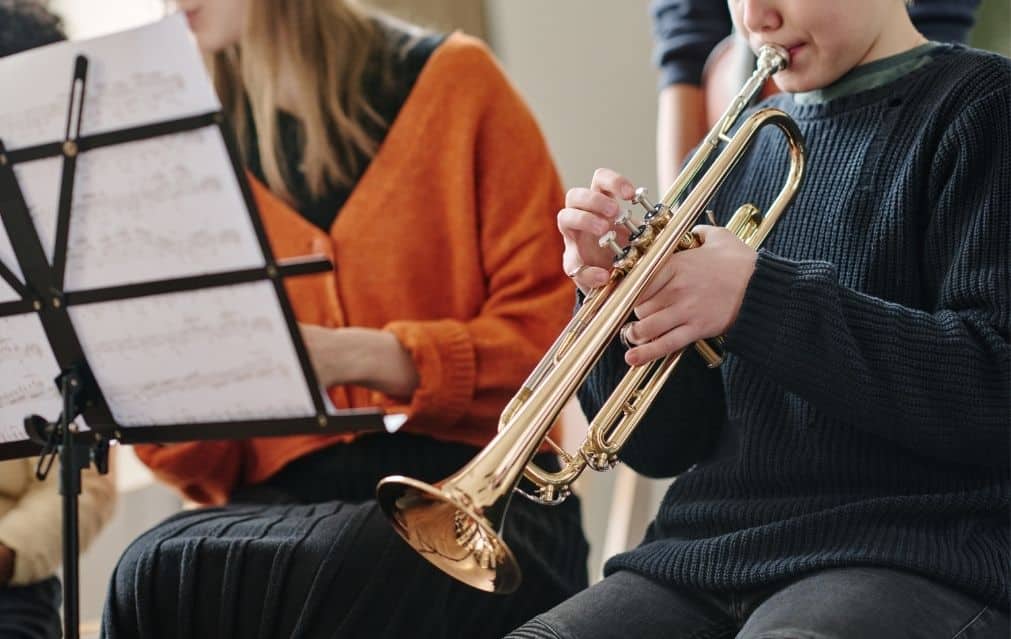
Focusing on maintaining a steady, relaxed airflow while playing can also help trumpet players produce a better sound and avoid the pitfalls of anxiety-induced tension.
In addition to these physical benefits, mindfulness practices such as meditation and present-moment awareness can help to quiet the mind and reduce the impact of negative thoughts and worries.
By regularly incorporating mindfulness techniques into their practice and pre-performance routines, trumpet players can cultivate a greater sense of inner peace, resilience, and confidence, allowing them to approach each performance with a clear mind and an open heart.
A reliable trumpet, like the B&S Challenger 2 Trumpet below, can also ease your performance anxiety, giving you confidence when it matters most. With its superior craftsmanship and consistent tone, it’s the perfect companion for musicians looking to perform at their best.
B&S Challenger 2 Trumpet, 37 Bell, Silver
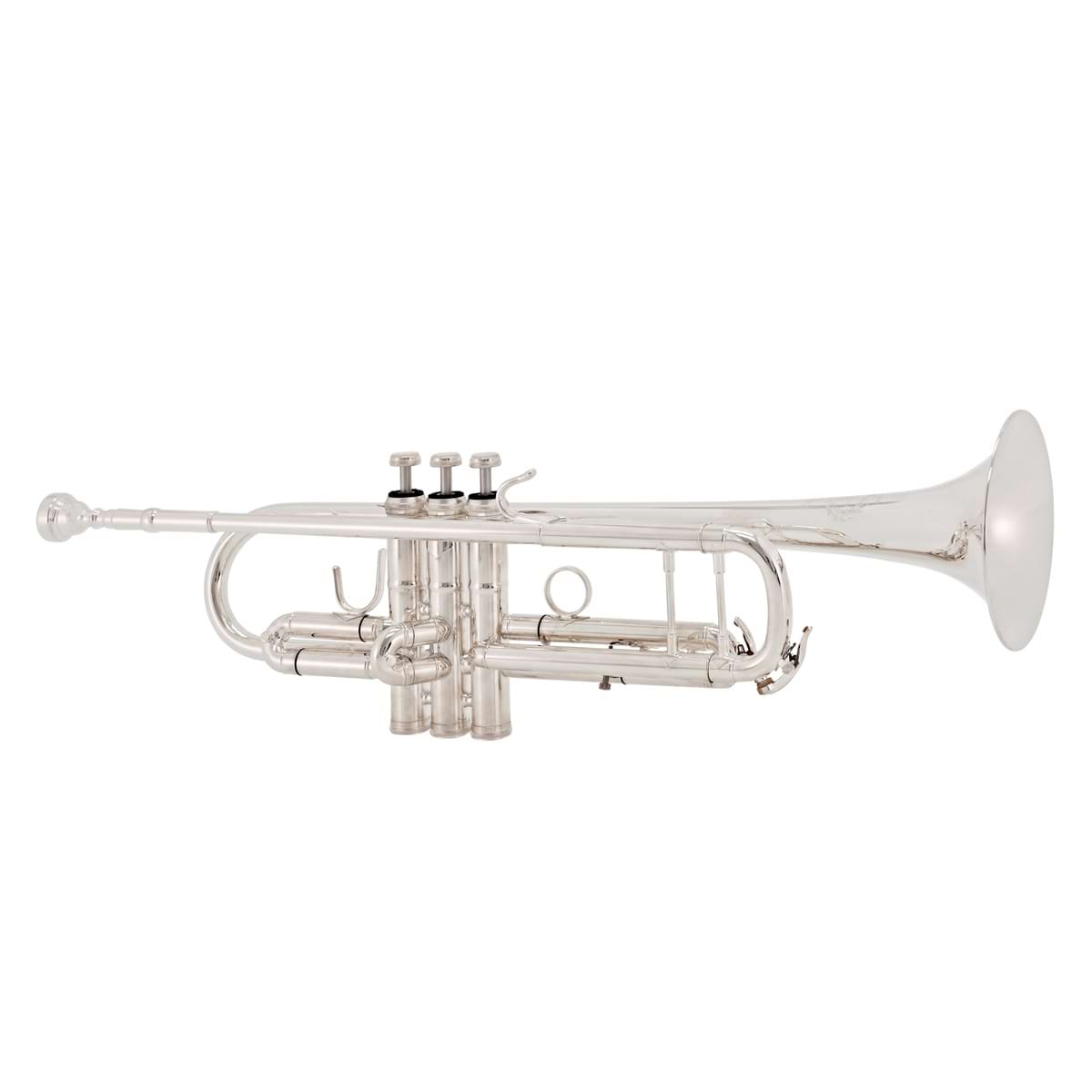
FEATURES: 37 bell for balanced tone and projection
OTHER INFO: Handcrafted in Germany with premium silver plating
- Warm, rich sound with excellent intonation
- Durable silver-plated finish
- Ergonomic design for comfortable playability
- Slightly heavier than some models
- Higher price point for beginners
When you click ‘Check Price’, you’ll see there are loads of great places to buy this item. Our personal favorite is Sweetwater for the US, and Thomann and Gear4Music for the UK & Europe.
They are the largest music retailers, with excellent customer service, competitive prices, really fast shipping, and the longest guarantees.
The professional musician who wrote this article combined many things,
from the product build, manufacturer’s reputation through to feedback
from other users, to create our famous TedScore™.
From Stage Fright to Stage Presence:
Empowering Trumpet Players to Conquer Anxiety
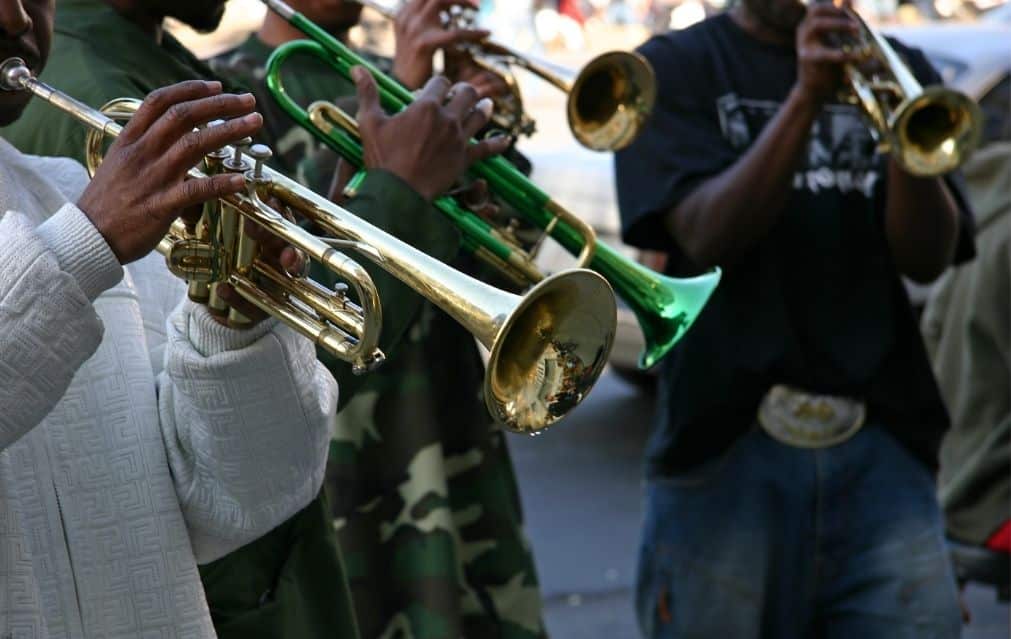
Overcoming performance anxiety is an essential skill for trumpet players who want to unlock their full potential and enjoy the process of making music.
By combining mindfulness techniques, positive self-talk, and a focus on the present moment, musicians can reduce the impact of anxiety and cultivate a greater sense of confidence and resilience.
Through consistent practice and the development of a supportive network of fellow musicians and mentors, trumpet players can learn to embrace the challenges of performance and find joy in sharing their art with the world.
Ultimately, the key to overcoming performance anxiety lies in recognizing that every musician experiences it to some degree and that with patience, perseverance, and a commitment to personal growth, it is possible to transform anxiety into a source of motivation and inspiration.


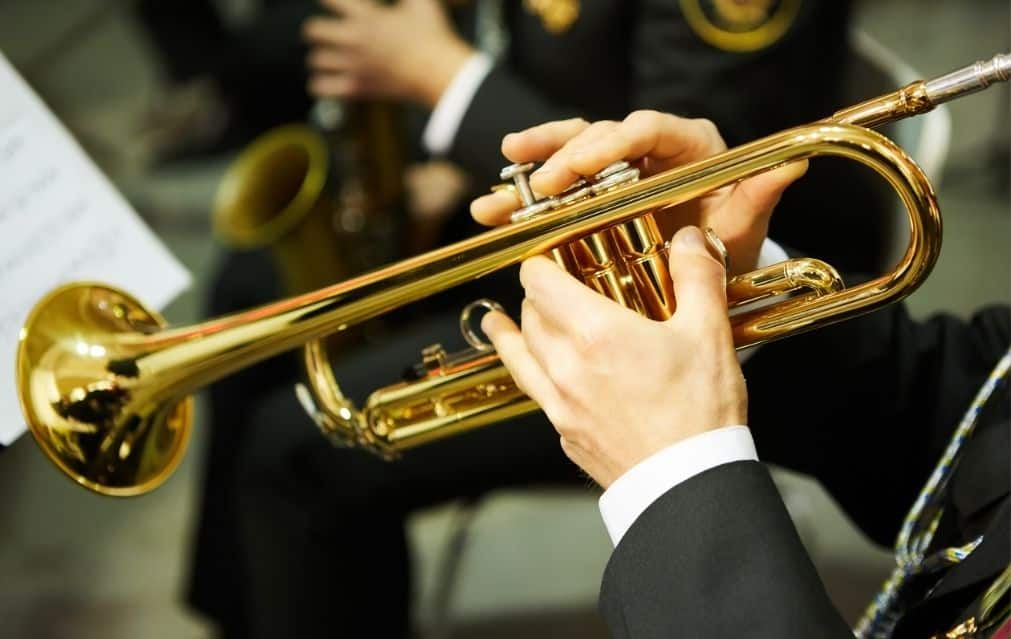






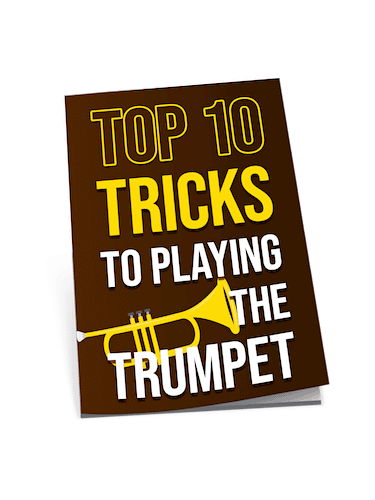
Okay, I gotta say, while mindfulness and all are great, I think there’s way too little focus on the technical side of things. Like, yeah, being calm is essential, but without solid technique and practice routines, you’re not gonna get far. Any of you tried addressing performance anxiety by ramping up your practice sessions? Sometimes, just knowing you’ve over-prepared can really make a difference in how confident you feel on stage.
I found the segment addressing strategies to overcome anxiety particularly useful. Could you elaborate on specific exercises or routines that have proven effective in your experience or the experiences of others? Reducing the physical symptoms of stage fright through practical means would greatly benefit many, I believe.
Really liked the part about mindfulness techniques. Never thought about using that for playing better. Gotta try it before my next performance. Thanks, Robert Emery, for the tip!
Mindfulness has been a game-changer for me too! It helps a lot with the jitters before solo pieces.